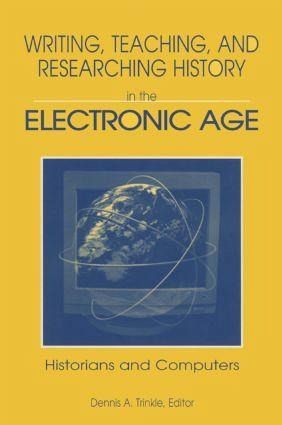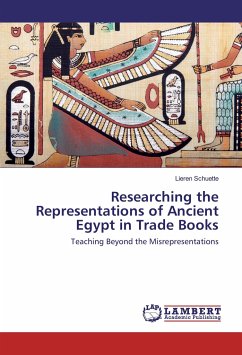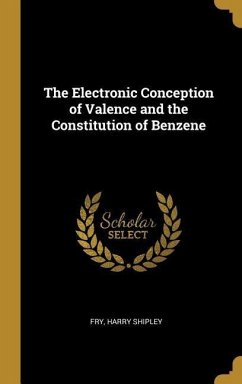
Writing, Teaching and Researching History in the Electronic Age
Historians and Computers
Versandkostenfrei!
Versandfertig in 1-2 Wochen
171,99 €
inkl. MwSt.
Weitere Ausgaben:

PAYBACK Punkte
86 °P sammeln!
Fifteen leading pioneers in the marriage of computer technology to history look at how computer technology is changing historical research, teaching, and publication, and how history as a discipline may be altered.













